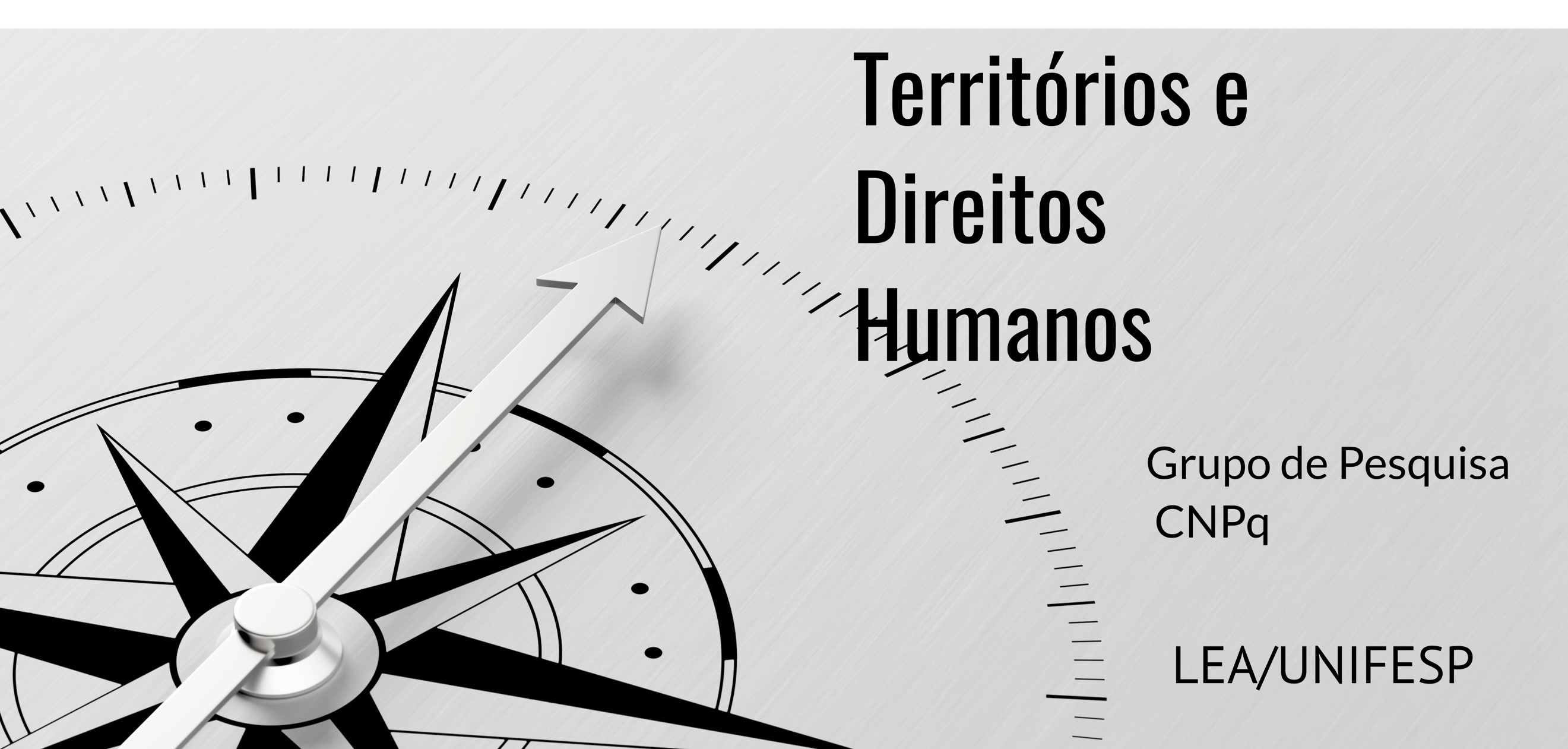Laboratory of Archaeological Studies (LEA)
Departament of History
UNIFESP
http://dgp.cnpq.br/dgp/espelhogrupo/554441

The withdrawal of the right to land has been the trigger for the violation of countless other people's rights. Throughout the history of Brazil, the most vulnerable populations have been constantly pushed from their territories, losing their ways of life, culture, health conditions and even their lives.
Land is a central point in social life, as it embodies individual relationships and private interests, with investments from numerous social institutions active in the daily lives of individuals. However, in these relationships, interest in the concentration of profit in the short term that benefits the interests of a minority prevails.
During colonization, the private interest in land, to the detriment of the collective, had its legal apparatus based on beliefs, first under orders from the Church, later from the State and, nowadays, due to the pseudo science that, supported by legal devices, can be used to manipulate the information that reaches society.
The manipulation of information creates fear, and the search for peace, in the logic of the show, without plural debates that allow contemplating the interests of all social segments, leads part of society to support repressive actions for the most vulnerable social groups, gradually removing them Your rights. It is in the erasure of the collective right, which privileges and protects the private interest, that multiple splits arise between the segmented society.
Although human rights have an individual perspective, as the hardest consequence directly affects the individual in their territories, it is in the multiplicity of individual violations in spaces of a collective character that society as a whole is affected.
Actions in search of a more peaceful social coexistence still lack supportive actions that lead to political resistance. In modern times, the manifestations and forms of action against violations of human rights seek alternatives for collective coexistence through social pacts that ensure the rights of citizens.
The objective of the research group Territories and Human Rights is to instigate research, interdisciplinary academic debates on the use, dispute and results of social conflicts for the right to land and to rethink new practical forms of social interaction that may be less harmful to society.
Addressing the right to territory is to discuss issues arising from the field of archeology, history, anthropology and heritage, which retrieve information and data that explain the conflicts and disputes over land that have already been erased from collective memory. Within the territory, issues such as access to water, food, health, education, environment and the Law also stand out.
To understand society through its territories is to understand the intricate fabric that explains social relations.


